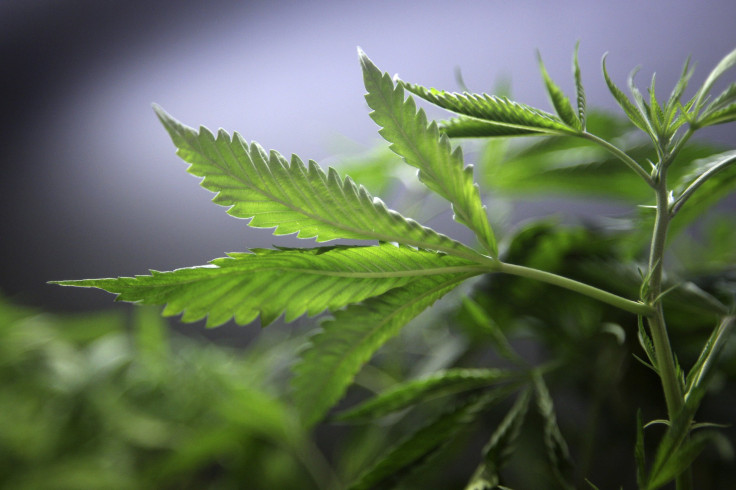California Marijuana Legalization: Advocates Push Ballot Measure To Get Legal Weed Before Voters In 2016

Marijuana legalization is once again lighting up California politics. The country’s largest state, along with Arizona and Nevada, has a ballot measure in the works to get legal weed before voters next November. Advocates of legalization in California say if they can get marijuana to the polls in 2016, a presidential election year that will bring more out more young voters, it’ll pass with flying colors.
When retail marijuana went before California residents in 2010, 54 percent voted against it. Political analysts say that public opinion on pot has since shifted. “I see a parallel -- not a perfect parallel, but a parallel -- with marriage equality,” Ben Tulchin, a pollster in San Francisco, told the San Francisco Chronicle Wednesday. “The first battle you may lose, like in California, but you start a conversation and get the dialogue going. … And you eventually see a very big shift.”
Twenty-three states and the District of Columbia have legalized marijuana for either medical or recreational purposes. Colorado and Washington were the first two states to allow retail sales of pot in 2012. Voters in Alaska, Oregon and Washington, D.C., approved measures last year allowing adults 21 years of age and older to use marijuana in the privacy of their homes.
California was the first state to legalize medical marijuana in 1996. The state has since built a prosperous medical marijuana industry from which it could relatively easily incorporate retail pot sales. The California Marijuana Legalization Initiative, sponsored by the national Marijuana Policy Project group, would allow pot to be regulated and taxed like alcohol, similar to what’s in place in other retail states.
California’s ballot measure to legalize retail weed failed five years ago because it was done during a midterm election year, Mason Tvert, spokesperson for the Marijuana Policy Project, told the Huffington Post in September. "If it had been done in a presidential election, things might have turned out very differently. We find that the more people who vote, the more who favor ending marijuana prohibition." The group is helping marijuana advocates in California meet their deadlines for filing initiatives for state approval.
Despite the public’s growing interest in legal weed, California Gov. Jerry Brown has indicated he doesn’t support such a measure. "The problem with anything, a certain amount is OK. But there is a tendency to go to extremes," he said during a March 2014 interview on NBC's "Meet the Press." "And all of a sudden, if there's advertising and legitimacy, how many people can get stoned and still have a great state or a great nation?"
© Copyright IBTimes 2024. All rights reserved.






















